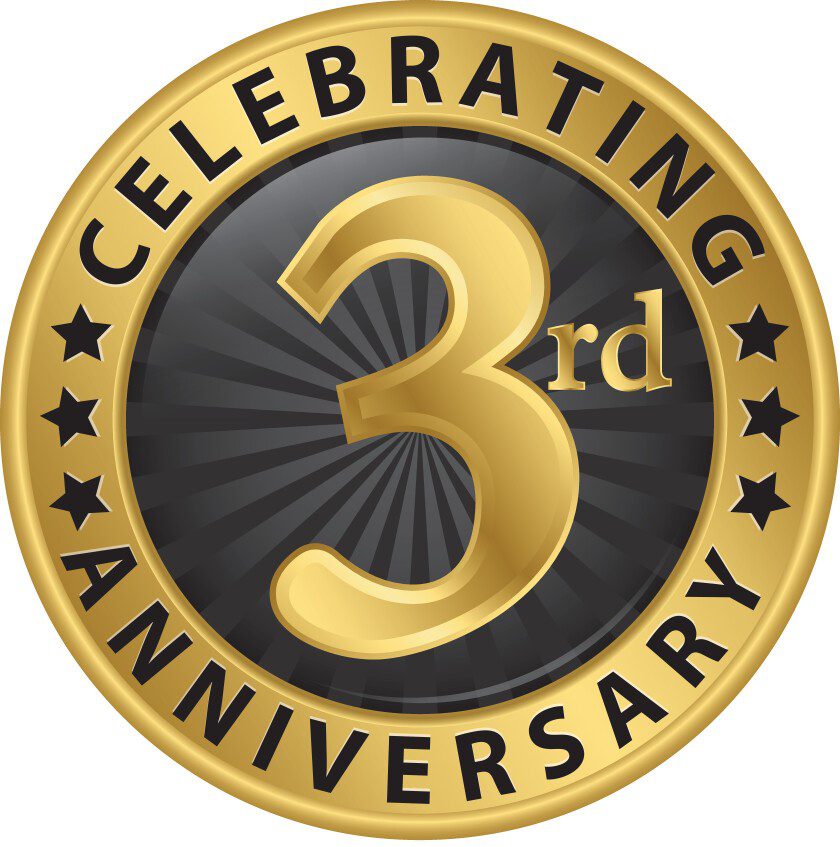A secure leader who allowed followers to worship God
Acts 8: 26-40
No one needed to tell him how blessed he was or that he made the right choice when he converted to Christianity. Look at him, the finance chairman of the treasury of Queen Candace, who is leader of the Ethiopians.
Sure, the job is hard, sometimes stressful. But he is paid well, has the status of an important official and even the privilege to travel the provinces in a chariot. Most people, including the messiah, walked.
And you should see this well-decorated vehicle of antiquity. Chariots had either two- or four-wheels that initially rotated on a fixed axle linked by a draft pole to horses. To the axle was attached a superstructure consisting of a platform protected by side screens and a high dashboard. Chariots first were used in royal funeral processions and later employed in warfare, racing, and hunting.
His revelry about chariots steers him back to his blessings. He is allowed to use his chariot to travel to Jerusalem to worship with like-minded believers. However, this recent trip was life changing because he met one of Jesus’s disciples.
Without a doubt, Queen Candace is the best boss ever, despite being a female leader during a patriarchal era. Her self-confidence keeps her from feeling threatened by his service to someone else.
Candace is the royal title given to the queens of the Kingdom of Kush who ruled from the city of Meroe. The area that they ruled in Ethiopia during that time is in what is now southern Egypt and northern Sudan, not the area known as modern Ethiopia. Candace led one of the oldest African nations and is believed to be a successor to the queen of Sheba in 1 Kings 10:1.

Eight queens made up the Candaces of Meroe, from Shanakdakhete in 170 BCE to Lahideamani from 306 to 314 CE. It’s not certain which Queen Candace ruled in Acts 8 when the eunuch met Philip. But Meroe flourished as the capital of the Kingdom of Kush between 750 BCE – 350 CE and became a legendry wealthy city. The World History Encyclopedia said Meroe was located on the Nile in the region of modern-day Sudan with its riches coming mostly from trade, ironworks, and abundant grain supply. Researchers said that the Candaces of Meroe were among the most powerful and successful monarchs of the Kingdom of Kush and their skill in leadership was the equal, or better, of any king.
Joy pulsed through his body as he remembered his encounter with Philip, one of the 12 main disciples of Jesus. The chariot was rumbling on a desert road that went down from Jerusalem to Gaza and on to Ethiopia. Flushed from the days of worship in Jerusalem, he felt inspired to tackle the Book of Isaiah the prophet.
He was sitting in his luxurious chariot holding the scrolls when he heard someone yell, “Do you understand what you are reading?”
“How can I,” he replied over the noise of the moving vehicle, “unless someone explains it to me?”
At first hesitant, he then invited Philip to come up and sit with him. And, line by line, Philip began to explain what he was reading in Isaiah 53: 7-8, NIV version.
He was oppressed and afflicted,
yet he did not open his mouth;
he was led like a lamb to the slaughter,
and as a sheep before its shearers is silent,
so he did not open his mouth.
By oppression and judgment, he was taken away.
Yet who of his generation protested?
For he was cut off from the land of the living;
for the transgression of my people he was punished.
As a high-ranking official, he is well acquainted with animal sacrifices by people seeking forgiveness for their sins. There were many religions in his sprawling kingdom.
“The eunuch asked Philip” in Acts 8:34, “‘Tell me, please, who is the prophet talking about, himself or someone else?’”
Philip blew his mind when he explained that Jesus, who as the son of God was considered sinless, offered himself as a sacrifice for our sins. Jesus is the “lamb” in verse 7. WOW!
Like a ton of bricks, the message struck him: The Messiah suffered for his sake, bearing his sins to make him acceptable to God. WOW, such love! That was powerful good news about Jesus that Philip shared with him.
Although overwhelmed, he did not want to waste time or to miss an opportunity that may never come again so he pointed to some water the chariot was passing along the road.
“’Look, here is water,’” he said in Acts 8:36. “’What can stand in the way of my being baptized?’ and he gave orders to stop the chariot.”
He and Philip went down into the water and Philip baptized him.
“When they came up out of the water, the Spirit of the Lord suddenly took Philip away,” said Acts 8:39 a.
Although he never saw Philip again, “he went on his way rejoicing.”
This was truly a win-win situation, he thought as the Holy Spirit showed him that understanding the Scriptures is paramount to his ability to manage the financial affairs of the queen. A greater understanding of God’s word helps him keep the proper perspective about the Lord, his life, and his job.
While the queen may have depended on his managerial skills and knowledge, after this one trip to Jerusalem, he praised God that she also now can trust his loving, compassionate heart.
Written by TMCH
Source:
“Candace.” Eason’s Bible Dictionary.
Chambers, J., “Candace: Secure Leader.” Women of the Bible for Women of Color. Urban Spirit, LLC. Page 208. 2021.
Mark, Joshua J., “The Candaces of Meroe.” World History Encyclopedia. World History Encyclopedia, 19 March 2018. Web, 12 Jan 2024.
“Chariot.” Encyclopaedia Britannica. Encyclopaedia Britannica, 03 May 2023. Web, January 27, 2024.


